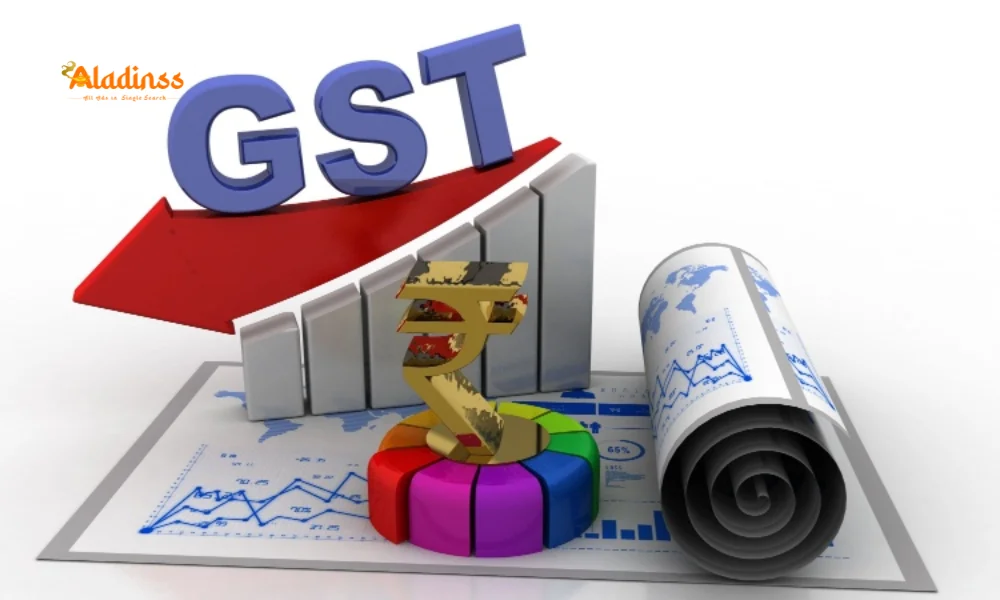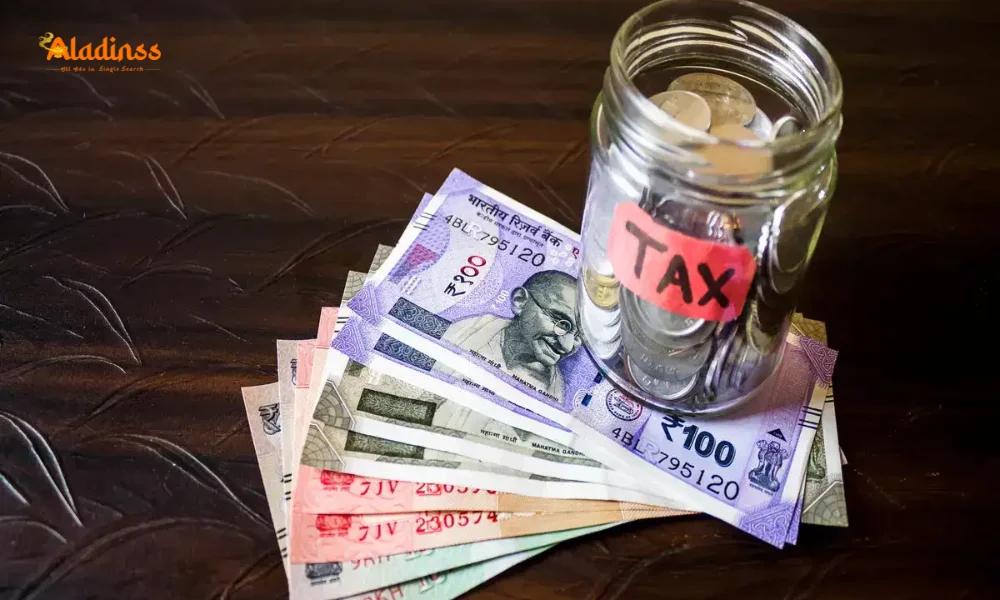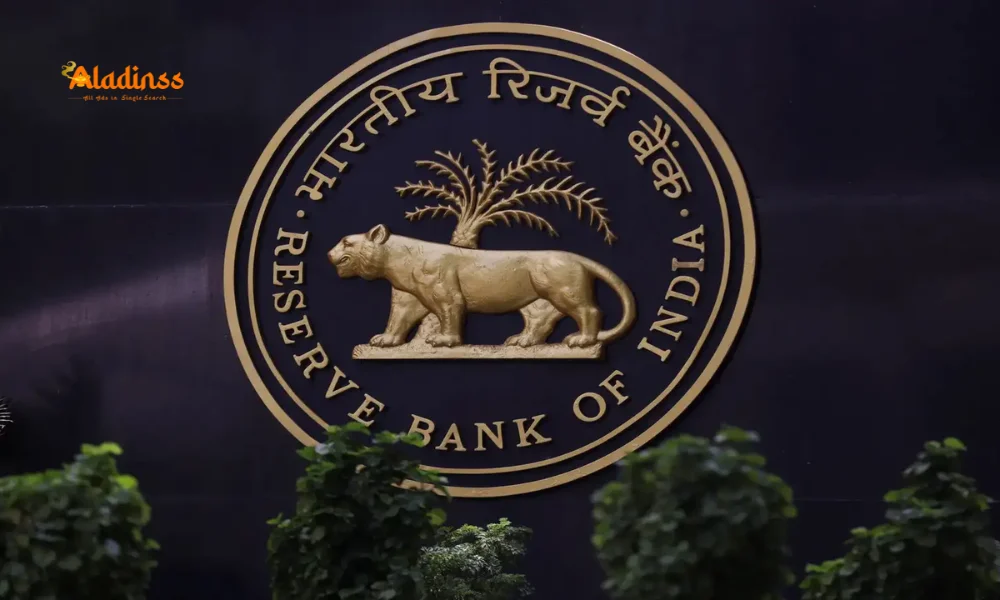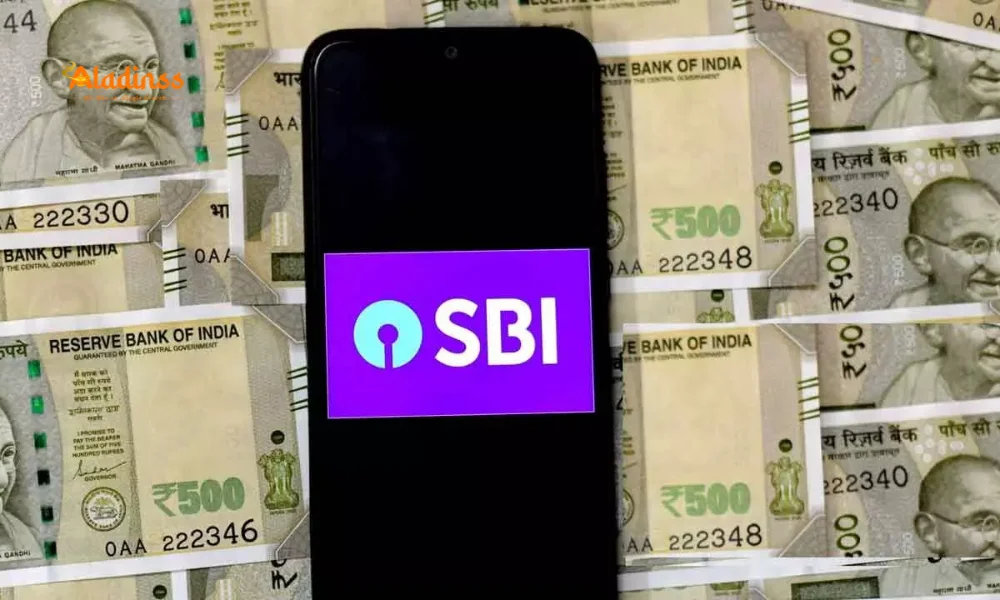India Removes 18% GST on Health Insurance Premiums

India Scraps 18% GST on Individual Health Insurance Premiums: Relief for Policyholders
In a landmark move to ease financial burdens, India has eliminated the 18% Goods and Services Tax (GST) on individual health insurance premiums, effective September 22, 2025, as announced by Finance Minister Nirmala Sitharaman. This health insurance GST exemption, reported by NDTV, slashes costs for millions, making policies more affordable amid soaring healthcare expenses. For example, a Rs 15,000 premium, previously Rs 17,700 with GST, now costs just Rs 15,000 (approximately $169 at Rs 88.49/$1), offering immediate savings on health insurance premiums. The reform covers individual plans, family floaters, senior citizen policies, and top-up covers, though employer-sponsored group insurance remains taxable.
While policyholders rejoice, insurers face challenges due to the loss of input tax credits (ITC) on expenses like commissions and rentals, which may slightly increase base premiums. However, net savings for customers are estimated at 3-6%, boosting the appeal of health insurance in India. This move aligns with efforts to enhance insurance penetration, particularly in a nation where medical inflation often outstrips income growth, making comprehensive health cover a necessity.
Scope of the GST Exemption: Who Benefits?
The GST exemption targets retail health insurance plans, encompassing individual policies, family floaters, senior citizen covers, and top-up plans. Family floaters, which provide shared coverage for multiple members, become more cost-effective, enabling families to secure broader protection without the tax burden. Senior citizen health insurance, vital for India’s aging demographic, gains affordability, helping retirees manage rising medical costs. Top-up policies, offering extra coverage for high-cost treatments, now attract budget-conscious buyers seeking layered protection.
Notably, group insurance plans offered by employers remain subject to the 18% GST, preserving a clear divide between personal and corporate benefits. This focused reform prioritizes individuals who bear premium costs without subsidies, enhancing access to health cover for middle-class households and self-employed professionals across India.
Financial Relief for Policyholders: Breaking Down the Savings
The removal of GST on health insurance premiums translates to significant savings for Indian households. A Rs 20,000 premium, previously costing Rs 23,600 with GST, now remains at Rs 20,000, saving Rs 3,600 annually. At the current exchange rate ($1 = Rs 88.49), this equates to roughly $40 in savings per policy, a meaningful amount for families juggling multiple expenses. This reform is particularly impactful given India’s healthcare inflation, which often exceeds 10% annually, making affordable health insurance critical.
New policy buyers benefit immediately, while existing policyholders will see savings upon renewal post-September 22, 2025. This could drive a surge in health insurance uptake, especially among young professionals and rural households, where penetration remains below 40%. Financial planners suggest redirecting these savings toward higher coverage limits or additional riders to enhance protection without significantly increasing costs.
Challenges for Insurers: Navigating Input Tax Credit Losses
While policyholders gain, insurers face hurdles due to the elimination of input tax credits (ITC) on operational expenses like agent commissions, marketing, and office rentals. Previously, these credits offset GST liabilities, keeping base premiums competitive. Experts estimate a potential 1-2% rise in base premiums to counterbalance this loss, though overall customer savings of 3-6% should persist. Major insurers like Star Health and Bajaj Allianz are optimistic, viewing the reform as a catalyst for long-term market growth despite short-term adjustments.
To mitigate ITC losses, insurers may streamline operations through digital platforms or renegotiate vendor contracts. The Insurance Regulatory and Development Authority of India (IRDAI) is expected to monitor pricing to prevent excessive hikes, ensuring the reform’s benefits reach consumers. This balance fosters innovation, potentially introducing more flexible health insurance products tailored to diverse demographics.

Boosting Healthcare Accessibility Across India
The GST exemption on health insurance premiums is a strategic step toward universal healthcare access in India, where over 60% of medical expenses are paid out-of-pocket. By reducing premium costs, the reform encourages early adoption, particularly among lower-income groups and rural populations. Senior citizen health insurance becomes more viable, enabling retirees to secure coverage without straining fixed incomes.
Family floater plans gain appeal, offering cost-effective protection for entire households, especially in high-cost cities like Bengaluru and Mumbai. Top-up covers, which provide additional coverage for major illnesses, now fit better within budgets, promoting proactive risk management. As Finance Minister Nirmala Sitharaman noted, this reform supports an inclusive economy, prioritizing health security for all.
Maximizing Benefits: Tips for Policyholders
To capitalize on the health insurance GST exemption, policyholders should compare plans on platforms like Policybazaar, focusing on claim settlement ratios and hospital networks. Renewing policies promptly locks in tax-free rates, while adding riders like critical illness coverage without GST enhances value. Combining this with Section 80D tax deductions can amplify savings, making health insurance a cornerstone of financial planning.
For NRIs, the reform simplifies premium payments, with a Rs 15,000 policy now costing $169 instead of $200, easing cross-border financial decisions. Understanding policy terms, such as waiting periods and exclusions, ensures informed choices, maximizing the reform’s financial benefits for diverse consumer segments.
Industry Outlook and Future Reforms
Experts predict a 10-15% rise in health insurance enrollments in the coming months, driven by affordability. Analysts from EY and PwC suggest that while ITC losses pose short-term challenges, increased policy volumes will stabilize insurer revenues. The exclusion of group insurance ensures fairness, avoiding undue benefits for corporate plans. Calls for extending GST exemptions to life insurance are gaining traction, potentially shaping future GST council discussions.
Nirmala Sitharaman’s reform reflects a data-driven approach, balancing consumer relief with industry sustainability. As India strengthens its healthcare framework, such policies pave the way for a resilient, health-conscious society, reducing financial vulnerabilities for millions.
Key Takeaways from the GST Exemption Reform
- GST exemption on health insurance premiums effective September 22, 2025, saves 3-6% net.
- Applies to individual plans, family floaters, senior citizen, and top-up covers; group insurance excluded.
- A Rs 15,000 premium now costs $169, down from $200 (Rs 88.49/$1).
- Insurers lose input tax credits, potentially raising base premiums by 1-2%.
- Boosts insurance penetration, critical amid rising healthcare costs.
- Aligns with Nirmala Sitharaman’s vision for accessible health coverage.
The health insurance GST exemption marks a transformative step toward affordable healthcare in India. As reported by NDTV, this reform empowers policyholders, fosters industry innovation, and strengthens the nation’s social safety net, ensuring a healthier future for all.
Comment / Reply From
No comments yet. Be the first to comment!









